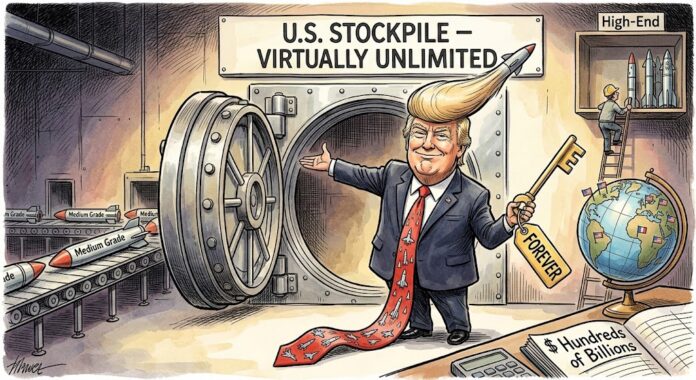China has tipped into deflation with Consumer Price Index (CPI) shrinking by 0.3% YoY and Producer Price Index (PPI) by 4.4% YoY. Deflation, while not necessarily a harbinger of doom, does spark fears and concerns among economists and policymakers. Let’s unravel why deflation strikes terror in the global economy and what it could mean if China continues down this path.
The Deflation Conundrum
Deflation refers to a decrease in the general price level of goods and services. While it might seem like a good thing for consumers, it can lead to a chain reaction with potential global ramifications. Here’s why:
1. Downward Pressure on Consumer Spending
When prices fall, saving becomes more appealing, and consumption is discouraged. Considering consumer spending is a huge part of GDP, persistent deflation can reduce the total economic output, stalling growth.
2. Increased Real Cost of Debt
Deflation adds to the real interest rate of loans. If you borrow $10,000, and deflation is at 10% YoY, the loan’s real interest rate becomes 10%. This makes debt more burdensome and might lead to a decrease in borrowing and investing.
3. Ineffectiveness of Monetary Policy
Central banks find their traditional tools blunted in a deflationary environment. Even if interest rates are at 0%, a deflation of -5% YoY still results in real interest rates of 5%. Any government stimulus might be hoarded rather than spent, further complicating efforts to jump-start the economy.
4. The Fear of a Deflationary Spiral
A deflationary spiral starts with falling business earnings, leading to reduced investment and layoffs. Lower wages result in reduced consumer spending, even lower business earnings, and a vicious cycle ensues. If left unchecked, this can lead to widespread defaults and banking crises.
China’s Role in the Global Economy
China’s economic footprint is immense, and any significant shift in its economic landscape can ripple across the global economy. Prolonged deflation in China could lead to:
Reduced Global Demand: China’s reduced consumer spending might hit global exporters, particularly in countries heavily reliant on the Chinese market.
Impact on Global Supply Chains: Lower business investments can disrupt supply chains, affecting industries worldwide.
Global Financial System Strain: The stress on Chinese banks might translate into a broader financial market unrest.
Conclusion
While it’s still uncertain whether China will experience prolonged deflation, the current figures and the underlying fears associated with deflation warrant close observation. Deflation is a complex beast that dances to many tunes. Policymakers must remain vigilant and poised to respond effectively to ensure that China’s deflation dance doesn’t turn into a global economic fall.
The scenario also offers lessons for other economies on managing deflationary pressures, especially in a post-pandemic world where fiscal and monetary dynamics are still in flux. If managed poorly, the echoes of China’s deflation could become a melancholy melody playing across the global economy. But if managed well, it might just be a brief, quirky dance step in the grand economic ballet. Either way, the world is watching, and the next moves are crucial.




